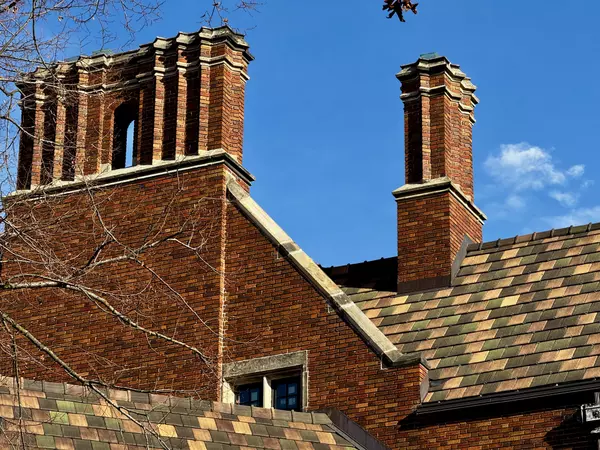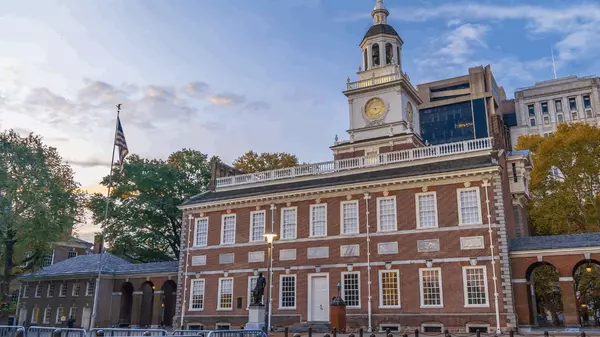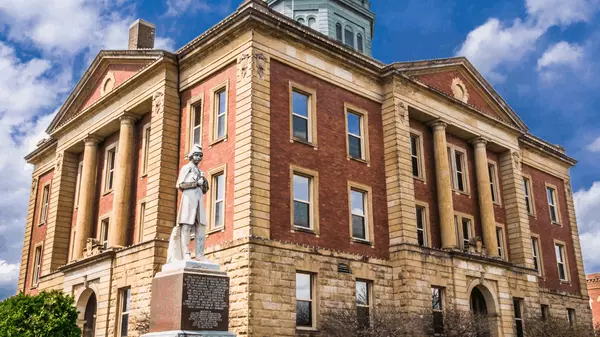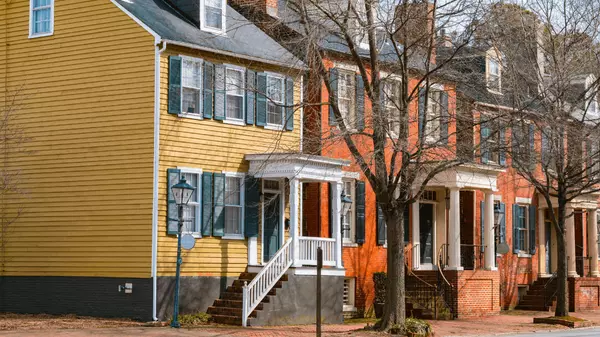What Makes a Home Truly Historic? Discover the Art, Craftsmanship, and Hidden Opportunities
Historic homes are more than just places to live—they are windows into the past, brimming with stories, artistry, and cultural significance. But what exactly makes a home historic? Is it simply age, or does it take something more? In this article, we’ll explore the criteria that define a historic home, the artistry and craftsmanship that set these properties apart, and why they continue to hold value—not just financially, but as cultural touchstones for our communities.
What Defines a Historic Home?
1. Age is Just the Beginning
While many people assume a home is historic simply because it’s old, there’s more to it than age. A home is typically considered historic if it meets the following criteria:
- Age Threshold: Most historic homes are at least 50 years old, though some designations may require 100 years or more.
- Architectural Integrity: The home must retain its original design, materials, and craftsmanship.
- Historical Significance: The property is tied to significant events, people, or architectural movements.
Homes meeting these criteria may qualify for inclusion on the National Register of Historic Places or a state or local historic registry.
2. Architectural Significance
Historic homes often feature architectural styles that reflect the time and culture in which they were built. Examples include:
- Victorian: Known for steep gables, intricate trim, and vibrant colors.
- Craftsman: Featuring handcrafted details, low-pitched roofs, and wide porches.
- Colonial Revival: Emphasizing symmetry, classic columns, and timeless elegance.
- Mid-Century Modern: Clean lines, open spaces, and integration with nature.
These styles highlight the artistry and innovation of their eras.
The Artistry and Craftsmanship of Historic Homes
Historic homes stand out because of the care and skill that went into their construction. Key features include:
- Handcrafted Details: From hand-carved woodwork to custom masonry, historic homes were built by artisans.
- Natural Materials: Hardwoods, stone, and brick were used extensively, offering durability and timeless appeal.
- Unique Design Elements: Features like stained glass windows, crown moldings, and tiled fireplaces add character.
Unlike modern homes, which often rely on mass-produced materials, historic homes embody a level of craftsmanship rarely seen today.
Why Historic Homes Matter
Historic homes are valuable not only for their beauty but also for the role they play in preserving cultural heritage. They:
- Tell a Story: Each historic home offers a glimpse into the lives, trends, and values of its time.
- Foster Community Identity: Historic homes often define neighborhoods, creating a sense of place and pride.
- Promote Sustainability: Restoring and reusing historic homes reduces waste and supports eco-friendly practices.
Tax Incentives and Grants for Historic Homeowners
If you own or are considering buying a historic home, you may qualify for financial benefits, such as:
- Federal Historic Preservation Tax Credit: Provides a 20% tax credit for the rehabilitation of income-producing historic properties.
- State Tax Incentives: Many states, including Michigan, offer tax credits or deductions for restoration.
- Grants for Restoration: Nonprofit organizations and local governments often provide grants to help offset the cost of maintaining or restoring historic properties.
How to Qualify
- Ensure your home is listed on the National Register of Historic Places or a state/local registry.
- Follow preservation guidelines during renovations to maintain the home’s historic integrity.
Resources for Historic Homeowners
If you’re interested in learning more about historic homes, preservation, or available financial assistance, check out these resources:
- National Trust for Historic Preservation: www.savingplaces.org
- Michigan Historic Preservation Network: www.mhpn.org
- National Register of Historic Places: www.nps.gov
Historic homes offer a unique combination of beauty, history, and craftsmanship that sets them apart from modern properties. Whether you’re considering purchasing a historic home, already own one, or simply appreciate their charm, understanding what makes these homes special helps ensure their legacy continues for generations to come.
Ready to start your journey with historic homes? Visit ExperienceHistoryLovesCompany.com or contact us today to learn how we can help you buy, sell, or preserve a piece of history.
Every home has a story—let’s make yours part of history. Reach out to learn more about buying, selling, or restoring historic homes!
Categories
Recent Posts










